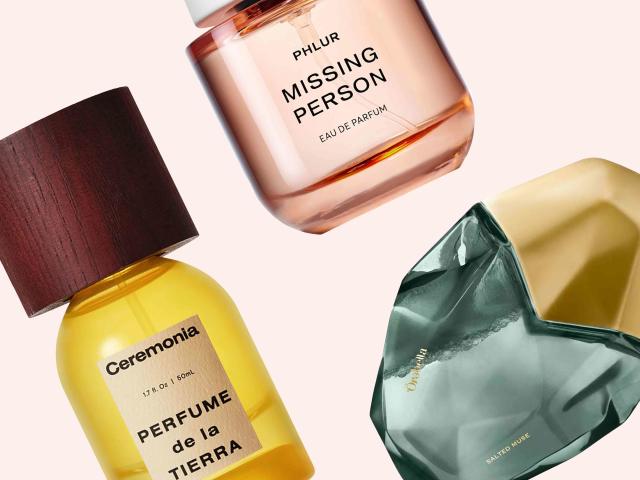A recent investigative report has exposed the utilization of child labor within the supply chains of two prominent luxury perfume brands, Lancôme and Aerin Beauty.
According to findings from the British media outlet, children are employed in the harvesting of jasmine flowers in Egypt, a key ingredient in numerous high-end fragrances.
The investigation sheds light on serious violations of ethical sourcing standards, despite assertions from both companies regarding their zero-tolerance stance on child labor.
Lancôme, a subsidiary of L’Oréal, and Aerin Beauty, a brand under Estée Lauder, procure jasmine from Egypt, a country responsible for approximately half of the world’s jasmine production. This jasmine is utilized in various products, including Lancôme’s Idôle L’Intense and Aerin Beauty’s Ikat Jasmine and Limone Di Sicilia.
Undercover investigation in the jasmine fields of Gharbia, Egypt, has uncovered distressing realities: children as young as five toil in the fields. Heba, a local picker, commences her workday at 3 AM alongside her four children, harvesting jasmine before the sun’s rays wilt the flowers.
Despite their efforts, their nightly earnings amount to a mere $1.5, a sum diminished by inflation and soaring living expenses.
Tragically, ten-year-old Basmalla, one of Heba’s children, suffers from a severe eye allergy aggravated by the harsh field conditions, with medical professionals warning of potential long-term vision issues if left untreated.
Moreover, the BBC’s probe exposes systemic flaws in auditing systems overseeing supply chains.
Factories like A Fakhry and Co, Hashem Brothers, and Machalico, responsible for processing jasmine into essential oil, dictate prices, perpetuating low wages and child labor. Despite assertions of ethical sourcing and adherence to UN guidelines on eradicating child labor, industry practices contradict these claims.
Industry experts, including perfumer Christophe Laudamiel, fault luxury perfume companies for prioritizing cost-cutting measures over ethical considerations, leading to suppressed wages for pickers.
The UN Special Rapporteur on contemporary forms of slavery, Tomoya Obokata, voices concern over the lack of effective oversight by perfume companies, highlighting the reliance on third-party auditors without direct company supervision, enabling ongoing abuses.


